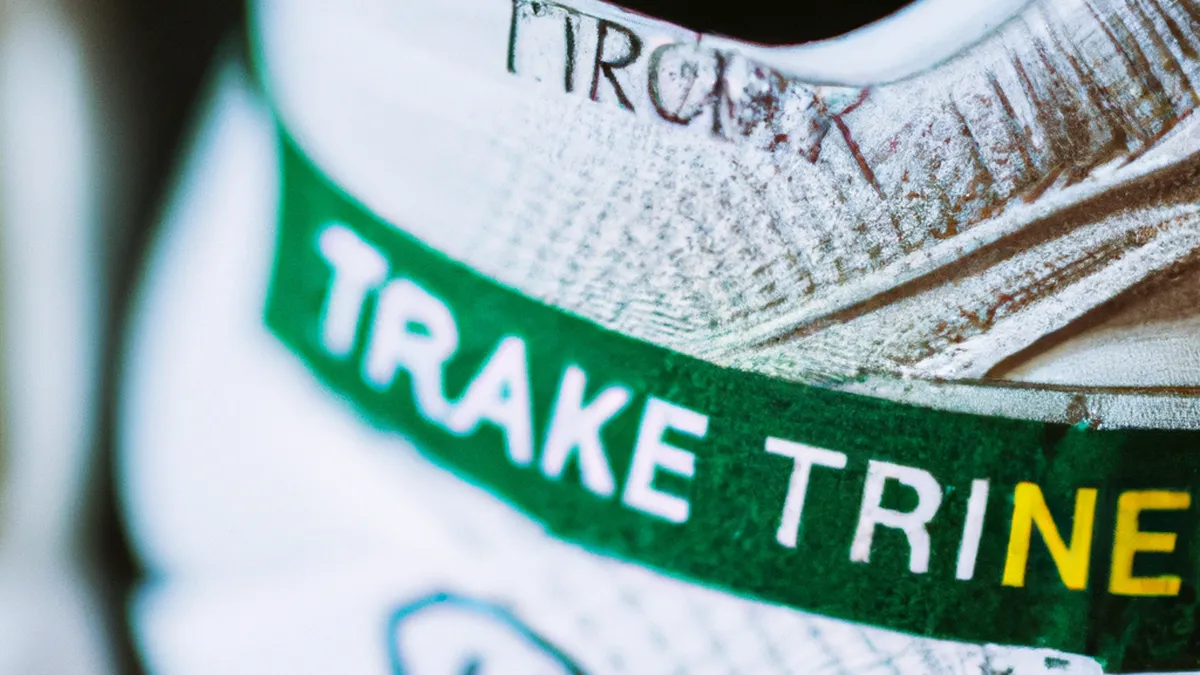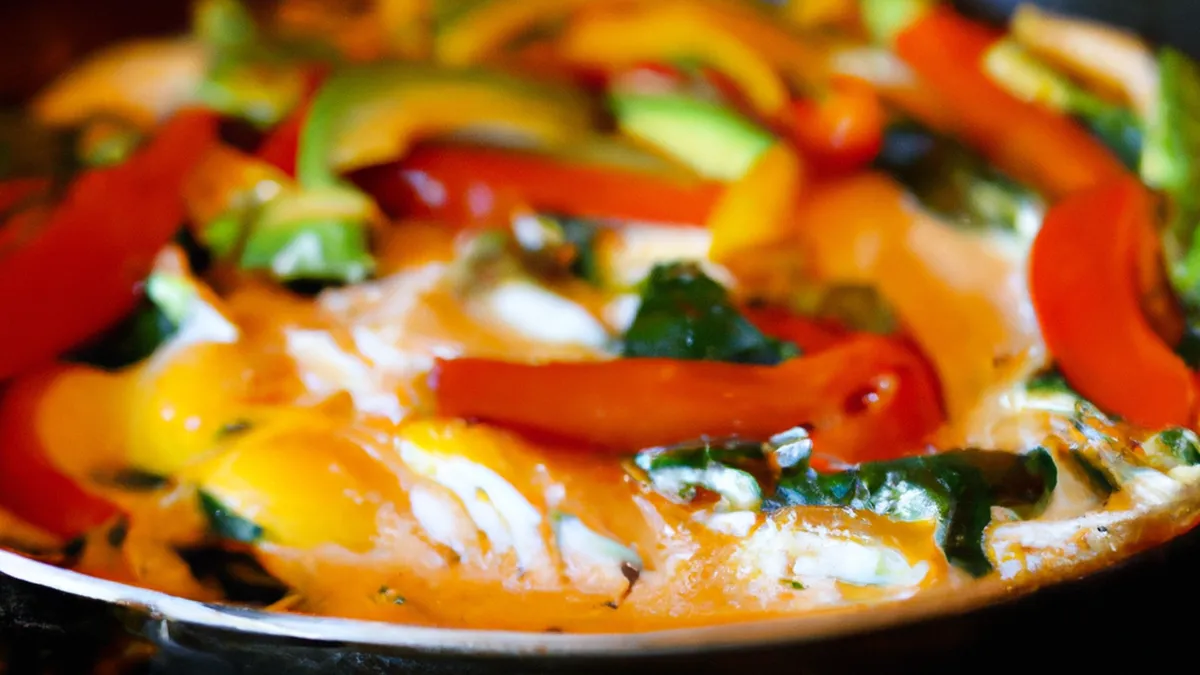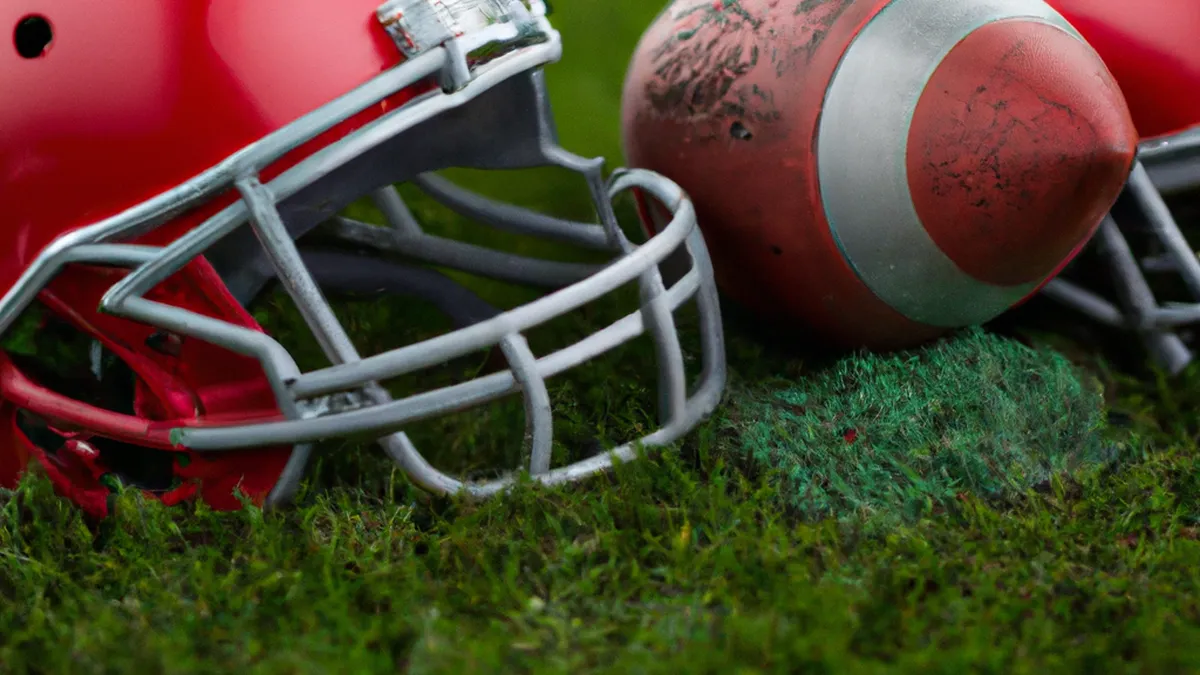Meal Prep Tips for Busy Young Players
Nutrition for Young AthletesYoung athletes encounter unique challenges in their pursuit of excellence. Proper nutrition fuels their performance and supports their health. Parents, coaches, and athletes must grasp the importance of balanced nutrition. This post offers essential tips and highlights the benefits of good nutrition for young athletes.
Understanding Nutritional Needs
Young athletes need more nutrients than non-active peers. Their bodies experience significant changes during growth spurts. They require energy, proteins, vitamins, and minerals to support active lifestyles. Providing the right nutritional support is crucial for their physical demands.
Carbohydrates: The Primary Fuel Source
Carbohydrates serve as the main energy source for athletes. They fuel intense training and competition. Young athletes should prioritize complex carbohydrates like whole grains, fruits, and vegetables for sustained energy. Foods such as brown rice, quinoa, oats, and sweet potatoes offer energy and essential nutrients.
Proteins: Building Blocks of Muscle
Protein plays a key role in muscle repair and growth. Young athletes should choose lean proteins like chicken, fish, eggs, dairy, legumes, and nuts. These foods rebuild muscles after workouts and aid recovery. Consuming protein throughout the day supports continuous muscle development.
Healthy Fats: An Essential Component
Healthy fats are crucial in a young athlete’s diet. Avocados, nuts, seeds, and olive oil support brain function and hormone production. Omega-3 fatty acids in fatty fish like salmon and flaxseeds help reduce inflammation and support heart health.
Hydration is Key
Hydration is vital for every athlete, regardless of age. Dehydration leads to fatigue, reduced performance, and injury. Young athletes should drink plenty of water daily. They should also hydrate before, during, and after exercise. For longer activities, electrolyte drinks replenish lost minerals.
Timing Matters
When young athletes eat matters as much as what they eat. They should consume a balanced meal or snack 1-2 hours before exercising. This meal should include carbohydrates, proteins, and healthy fats. Options like a banana with almond butter or yogurt with granola work well.After exercising, a recovery meal is essential. This meal should include carbohydrates and protein to replenish energy and repair muscles. Options like a smoothie with protein powder and fruit or a turkey sandwich on whole-grain bread are effective.
Conclusion
As an Amazon Associate I earn from qualifying purchases.
Gear tip: consider electrolyte mix, soft flask, and hydration tablets to support this topic.
Nutrition plays a vital role in supporting young athletes’ performance and health. Prioritizing balanced meals ensures they thrive.
Below are related products based on this post:
FAQ
Why is nutrition important for young athletes?
Proper nutrition is crucial for young athletes as it fuels their performance and supports their overall health. They require more nutrients than non-active peers to meet the physical demands of their active lifestyles. A balanced diet can enhance their growth, energy levels, and recovery processes.
What types of carbohydrates should young athletes focus on?
Young athletes should prioritize complex carbohydrates for sustained energy. Foods like whole grains, fruits, and vegetables are ideal choices. Options such as brown rice, quinoa, oats, and sweet potatoes provide essential nutrients and help fuel intense training and competition.
How can young athletes ensure proper hydration?
Hydration is vital for young athletes to maintain performance and prevent fatigue. They should drink plenty of water daily and stay hydrated before, during, and after exercise. For longer activities, electrolyte drinks can help replenish lost minerals and support optimal performance.















Post Comment